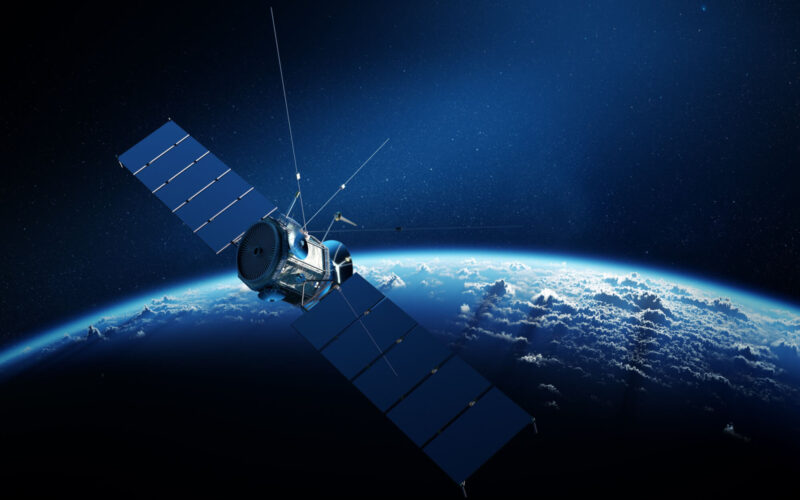Inmarsat and the European Space Agency (ESA) have announced plans to globalize the Iris air traffic system that aims to bring satellite communication to aviation in Europe.
Iris is a public-private partnership and involves a datalink system that allows air traffic controllers and pilots to communicate via satellite, thus freeing up busy VHF radio frequencies in Europe.
The system, which uses Inmarsat’s SB-S platform, means aircraft can send and receive live data with ground systems throughout a flight. For example, live weather maps can be uploaded to aircraft and operational data can be accessed more easily, thus helping to optimize routes, save fuel and also making air traffic management more effective and safer.
Inmarsat and ESA say Iris will help relieve capacity crunches, modernize ATC and make aviation more sustainable by helping to save on CO2 emissions. The pan-European system is due to enter service in 2023 in Europe.
On June 9, 2022, Inmarsat and ESA said they had signed a new contract, which will focus on technologies and certifications to enable the benefits of Iris to be shared outside of Europe.
“Iris will have an enormous impact in Europe as it enters service in 2023, which is set to continue at pace as air travel increases and the push for more sustainable aviation operations grows,” Rajeev Suri, Chief Executive of Inmarsat, said in a statement. “It’s a natural next step for us to expand its remit beyond European airspace and share our spoils with the rest of the world.”
Inmarsat and ESA also say Iris could help to integrate drones or uncrewed vehicles into commercial airspace.
“To beat capacity issues and make aviation greener long-term, as well as successfully integrate UAVs into our airspace as soon as possible, we need the right technologies on board every aircraft – and this starts with Iris,” Suri said.
Josef Aschbacher, ESA’s Director General, added: “Iris is a major step towards creating a more sustainable and efficient aviation industry. It is exciting to see the progress made so far – but this is only just the beginning.”
Iris is the first air navigation service provider to own a pan-European certificate from EASA, the European aviation safety agency, which means it can provide cross-border services. It is backed by a company called the European Satellite Services Provider (ESSP), which was founded by seven national air traffic control organizations from France, Germany, Italy, Portugal, Spain, Switzerland and the UK.

